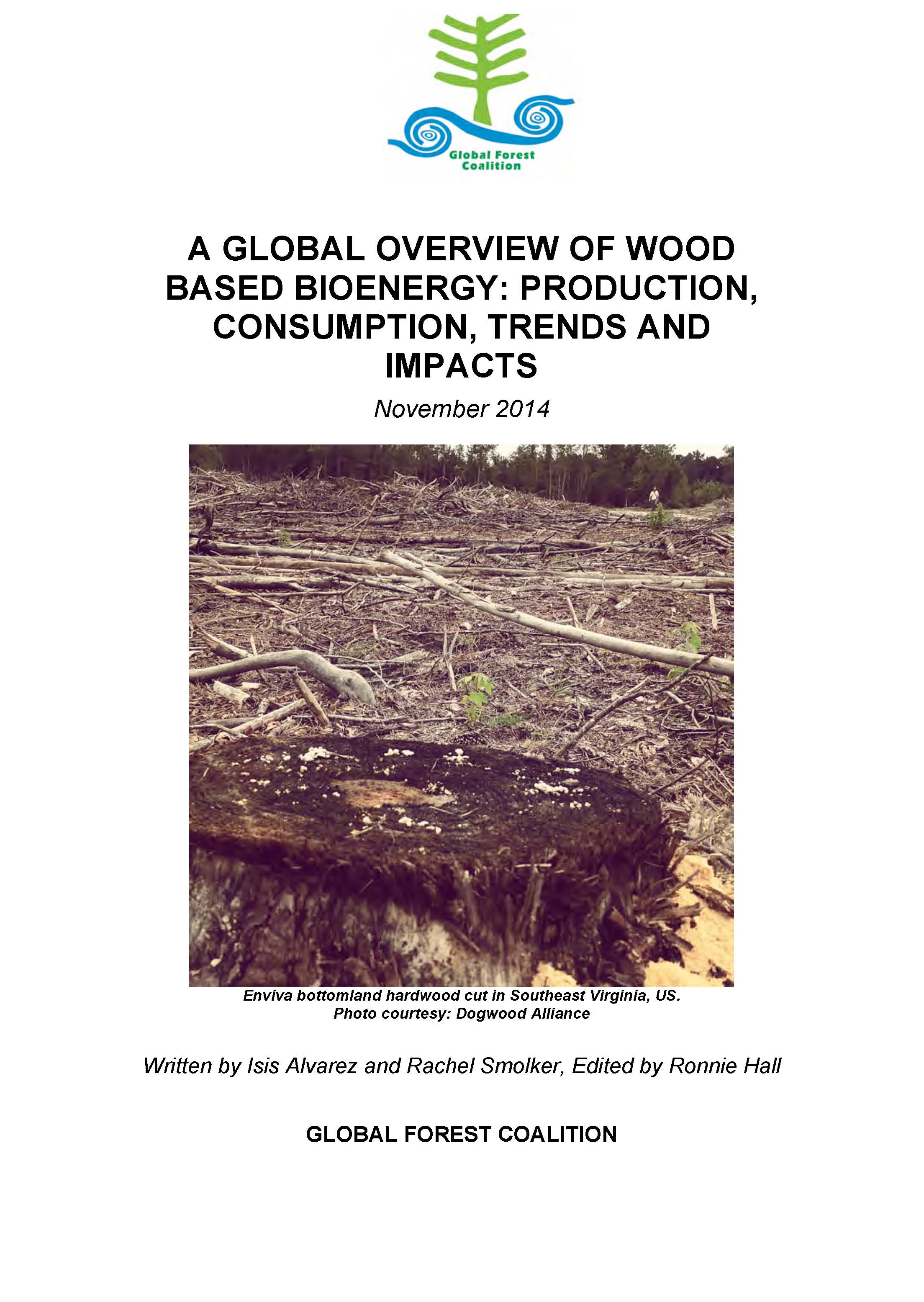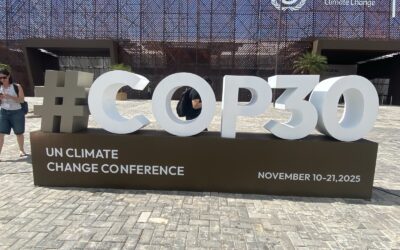
Last evening, at the session co-organized with organizations of the Climate Space at the Peoples Summit in Lima, Peru, on ‘Climate Traps, which discussed the false solutions of climate-smart agriculture, geo-engineering and industrial bio-energy’, the Global Forest Coalition launched this new report sharing the findings of different case studies from across the world and the conclusions drawn from this review. “The issue of wood-based bioenergy is a complex one that very much deals with local, regional and national contexts, however, the increasing scale of demand for wood for energy production in countries like the UK, is sponsored with subsidies and policy targets that are already affecting forests in the rest of the world. In the meantime, firewood and overall conventional use for local consumption by rural communities tend to disappear”, said Isis Alvarez one of the authors of the report.
According to Mary Louise Malig, campaigns coordinator for the GFC, “the issues and impacts highlighted are the result of the renewable energy subsidies currently offered to largescale bioenergy. These subsidies incentivise the expansion of this increasingly lucrative and destructive sector by energy companies. The only way to stop these impacts is to remove the subsidies that are driving the industry, and to do that we must remove industrialscale bioenergy from definitions of renewable energy. Energy that is damaging to forests, to climate and to public health should not be defined as or subsidised as renewable energy”.
The report can be downloaded from https://globalforestcoalition.org/wp-content/uploads/2010/06/REPORT-WOOD-BASED-BIOENERGY-FINAL.pdf
Also available in Español
The specific case studies that the report contains can be downloaded from the following links:
Case study 1. Firewood and Charcoal production in Paraguay – by Miguel Lovera
Case study 2. Wood-Based Bioenergy in Uganda: The Bukaleba Forest Reserve – by David Kureeba, Uganda
Note: GFC held the 1st International Meeting on Wood-based Bioenergy in Asunción, Paraguay from Nov.20-21st. Read the statement that came out the meeting – Forests not Fuel
Contact:
Mary Louise Malig: +51 955 466 293 (Perú) marylouisemalig@gmail.com
Isis Alvarez: +57 315 6484656 (Colombia) isis.alvarez@globalforestcoalition.org




